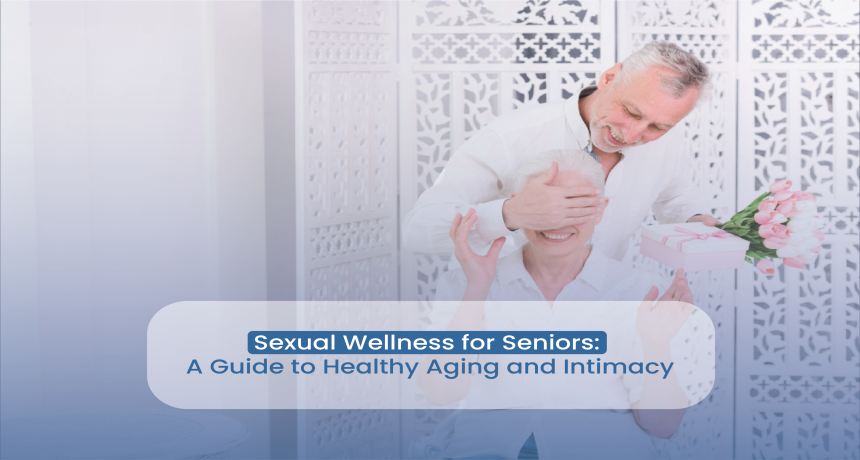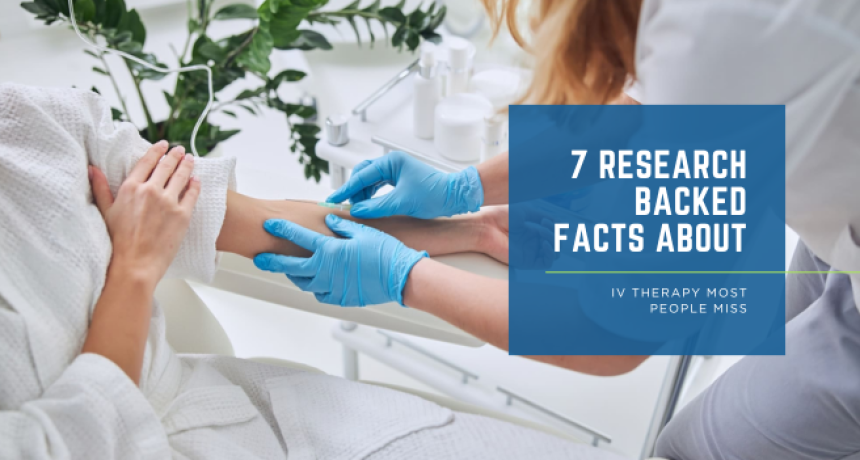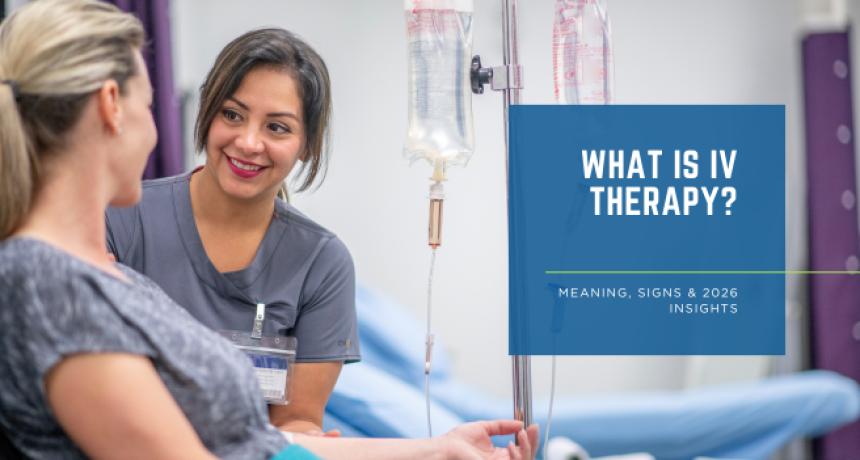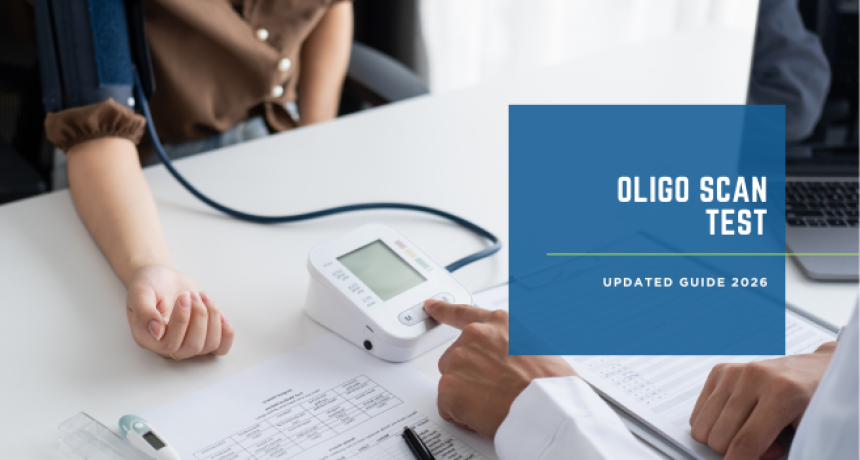Sexual Wellness for Seniors: A Guide to Healthy Aging and Intimacy
2025-07-12 As the body and mind age, they change as well, but the human need for love, connection, and pleasure cannot be diminished so easily. Most people over the age of 50—60, and even 70, still find ways to form intimacy with a partner that can be exciting and consequential. In this complete guide, we are going to talk about how to maintain sexual wellness for seniors, as well as the physical and emotional changes that occur, such as menopause, decreased libido, erectile dysfunction, safe sex, and enjoying healthy aging and intimacy. It does not matter if you are single, married, dating, or even in a committed relationship; this is a guide that any senior can use who wants to keep their sexual health active and thriving. At 50, sexual intimacy is not about giving up; it is about adjusting and modifying what intimacy means to you. Reasons for a sex life later in life: Emotional connections: Age potentially brings deeper emotional attachment and greater communication. Less anxiety: Older adults say they feel relieved of their previous pressures and urgency to perform, as there’s no longer the fear of pregnancy or impressing the new person in their lives. More time: As children grow up and move out and careers wind down, couples have the time and space to invest in one another, or their self-care. Self-awareness: You have spent years getting to know your own body; now you have the power to utilize that to work towards deeper pleasure. A satisfying sex life after 50 can enhance emotional health, decrease stress, strengthen partnerships, and may even improve your immune system. We are not suggesting frequency; we are suggesting the quality or comfort of the experience and the connection. Menopause is a significant life transition for women and typically occurs between the ages of 45 and 55. It can involve the cessation of menstruation and the onset of physical and hormonal shifts that influence sexual function. Let's understand the factors about menopause and sex: Decreased levels of estrogen can cause dryness in the vagina, which can make sex uncomfortable. Thinning of the vaginal walls (vaginal atrophy) can cause irritation and/or pain. Mood swings, anxiety, and fatigue can contribute to reduced interest in intimacy. Night sweats and hot flashes can significantly impact sleep, self-esteem, and overall comfort. Don't attempt sexual intercourse unless you use a water-based lubricant before the event; this will help ease any dryness along the way. To keep the tissues hydrated, consider using vaginal moisturizers regularly. If you find that your discomfort is overwhelming, ask your doctor about topical estrogen therapy or hormone replacement therapy (HRT). Discuss with your partner how you are feeling emotionally and physically. When penetration is uncomfortable, try other forms of non-penetrative intimacy, such as massage, cuddling, or oral sex. Menopause may alter your body and how it feels, but you don't have to stop having sex. Many women find that their post-menopausal experiences result in another form of intimacy; intimacy that is less about performance and more about connection. Experiencing a decline in sexual interest, otherwise known as low libido in old age, is very common. But that doesn't mean you just have to "put up with it." Hormonal changes - Lower estrogen or testosterone Medications - Everything from antidepressants to medications for high blood pressure to opioids Chronic conditions - Diabetes, arthritis, cancer, heart disease Mental health issues - Stress, depression, past trauma, Fatigue, or sleeping difficulties Exercise regularly - Even a light walk helps support your energy levels, blood circulation, and mood. Eat healthy - Include lots of fruit and vegetables, lean protein, and healthy fats. Limit alcohol - It impacts sexual function and sexual interest. Manage chronic conditions - Take care of chronic conditions, working with your doctor if needed. Consider counseling or sex therapy - Some sex therapy professionals focus on working through emotional blocks and/or relationship issues. And also remember, intimacy is not only sexual. A kiss, a hug, or holding hands can be as important as sexual intercourse. Erectile dysfunction (ED) impacts more than half of all men over the age of 50, and way above that number for men over 70. While common, that does not mean it has to be accepted without assistance. Erectile Dysfunction in Seniors exists when you have difficulty getting or maintaining an erection. It can happen occasionally or all the time. Loss of blood supply to the penis because of cardiovascular disease or high blood pressure Diabetes, which affects the blood vessels and nerves Low testosterone levels Certain medications can have side effects of ED Stress, anxiety, and/or relationship tension Prescription medications can be effective treatments, such as Viagra, Cialis, or Levitra. Other options available include vacuum pumps, injections, or penile implants. Lifestyle changes, such as quitting smoking, losing weight, exercising, and eating a balanced diet, can help improve blood supply and boost self-esteem. Therapy for couples or individuals can help with performance anxiety or emotional blockages. The most important thing is to reach out for help early, as ED may signal other health risks. And intimacy can be non-penetrating. There are many ways to give and receive pleasure. A common misconception is that safe sex only applies to younger people, but STIs don’t care how old you are, and safe sex for seniors is just as important as for younger people. STIs among older adults have skyrocketed, especially among older adults dating after a divorce or the death of a spouse. Older adults are less likely to use condoms. Many wrongly assume STIs aren't a concern for them anymore. Aging naturally weakens the immune system, and infections can be more dangerous. Older adults are less likely to learn about STI prevention in sex education. Use condoms when you are with a new partner or a non-monogamous partner. Get routinely tested for STIs if you are sexually active. Have open and honest conversations with partners around sexually transmitted infections. Don't depend on the visible signs - many STIs are "silent" but still transmissible. Asking you to take care of your sexual health is a way of respecting yourself and protecting both yourself and your partner. Sexual wellness in later life is about so much more than sex; it's about connection, comfort, love, and joy. Intimacy in later years can be healing, emotionally rich, and very rewarding. Touching every day, even a hug or kiss, gives the connection context. Schedule private time with your partner to relax and reconnect. Try new things together, take a bath together, learn how to give a massage, or explore new ways of touching. Talk and Communicate with each other. The more you talk, the more satisfying intimacy can be. Have fun, play, be silly, and most importantly, share joy, which is a large part of being close. Don't ignore self-intimacy. Masturbation is a normal, healthy part of life at any age. It assists you in staying connected to your body, in discovering what feels good for you, and in maintaining sexual function. Sure, aging changes our bodies - but your desire doesn't have to change. Sexual wellness is a part of overall wellness that you deserve at any age, 50s, 60s, 70s, and beyond. You have the right to pleasure, the right to connection, and the right to love. So, don't be shy to ask questions, figure out what you want, and enjoy a part of yourself and your life in this stage. Your late years can be your best years; your most connected, cared for, and loving moments, with the right mindset, support, and self-care. Talk with your Primary Care Provider regarding any sexual health-related concerns. Ask them about referrals to urologists, gynecologists, or sex therapists. Speak with senior counselors for relationships and intimacy, or ask about any help groups for seniors on the topic. Look for written and visual materials that serve educational purposes about sexual wellness in seniors. You're not alone! There are so many people like you asking similar questions at our sexual health clinic in Delhi – and finding new pleasures in intimacy every single day!Sex Life After 50: A New Beginning, Not an Ending
Menopause and Sex - What Every Woman Should Know

How Menopause May Affect Sexual Health
How to Deal with the Changes
Low Libido in Old Age: It’s Normal, But Treatable
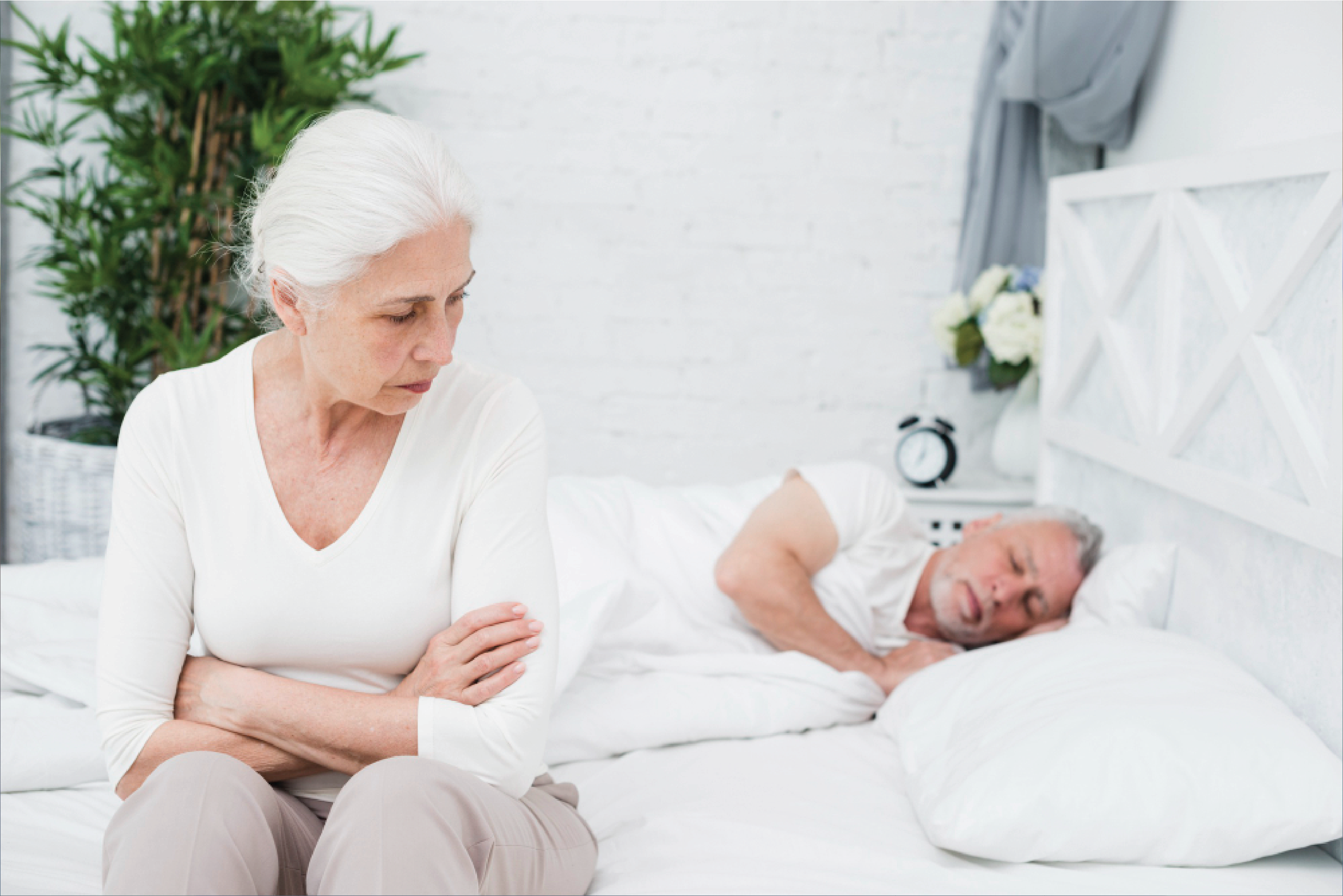
What causes low libido?
What can you do about it?
Erectile Dysfunction in Seniors: You’re Not Alone
What is ED, and How Did it happen?
The most common reasons why people have ED are:
ED Solutions that Work:
Safe Sex for Seniors: Yes, It Still Matters

Why are seniors on the rise?
How can you be safe?
Healthy Aging and Intimacy: Staying Connected Emotionally and Physically

Tips for Keeping Intimacy Alive
Conclusion:
Need support/help?
.png)
